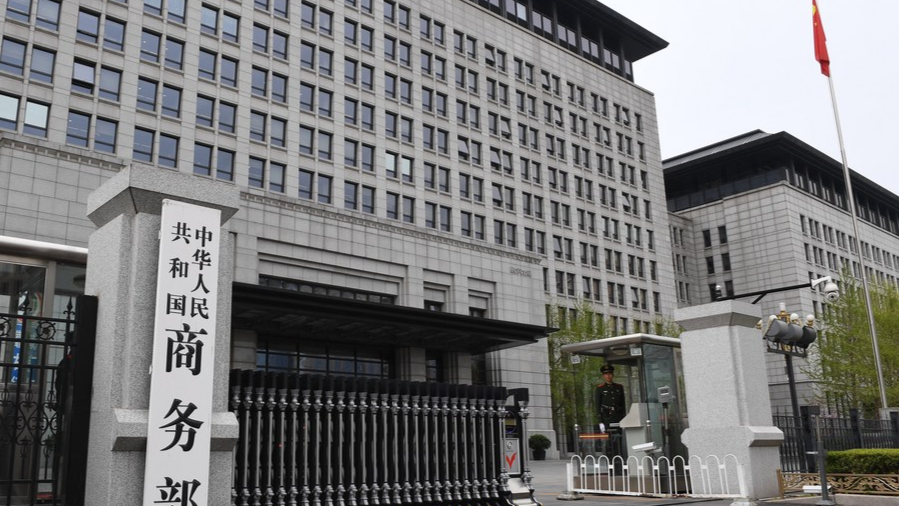
BEIJING - China will launch a series of consumption promotion events in five major cities in November and roll out new policies aimed at boosting consumer spending, Vice-Minister of Commerce Sheng Qiuping said Friday.
Sheng made the announcement during a press conference, noting that the policies will shore up the debut economy, bolster the wholesale and retail industries, and support pilot projects for modern commercial circulation in 20 cities, including Shanghai and Tianjin.
Sheng said that the ministry will also pilot automotive sales reform and unveil health consumption action plans.
The consumption promotion events will kick off on Sunday in Shanghai, Beijing, Guangzhou, Tianjin and Chongqing, which are designated as the country's international consumption center cities.
Emphasizing the importance of these cities, the vice-minister noted that their retail sales of consumer goods account for over 13 percent of the national total, with imports of consumer goods exceeding 50 percent.
ALSO READ: China rolls out plan to promote nuclear technology application industry
Focusing on the debut economy, these cities will host a variety of activities related to shopping, dining and tourism, including food festivals, camping events and sporting activities, as well as exhibitions and performances. Local governments will roll out supportive measures, such as incentives for new store openings and consumer vouchers.
Sheng said that these events will create a synergistic effect with the new policies, delivering tangible benefits to consumers.
Stimulating consumption is a crucial component of China's strategy to support economic recovery. This year, the government has already implemented various measures to expand domestic demand, including a large-scale trade-in program for consumer goods.
ALSO READ: China's property market transactions up in October
In the first three quarters of 2024, China's total retail sales of consumer goods reached 35.4 trillion yuan (about $5 trillion), a year-on-year increase of 3.3 percent. Notably, the trade-in program has seen 1.68 million subsidy applications for automobiles as of Oct 30, with the sales of household appliances reaching 24.03 million units.


